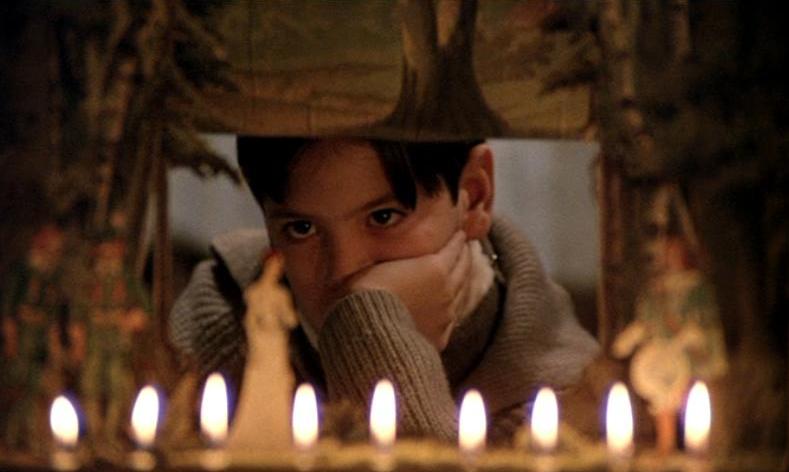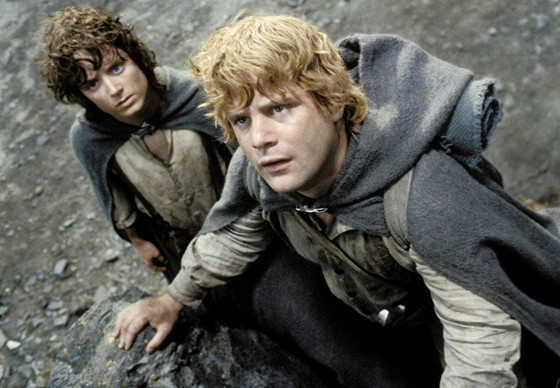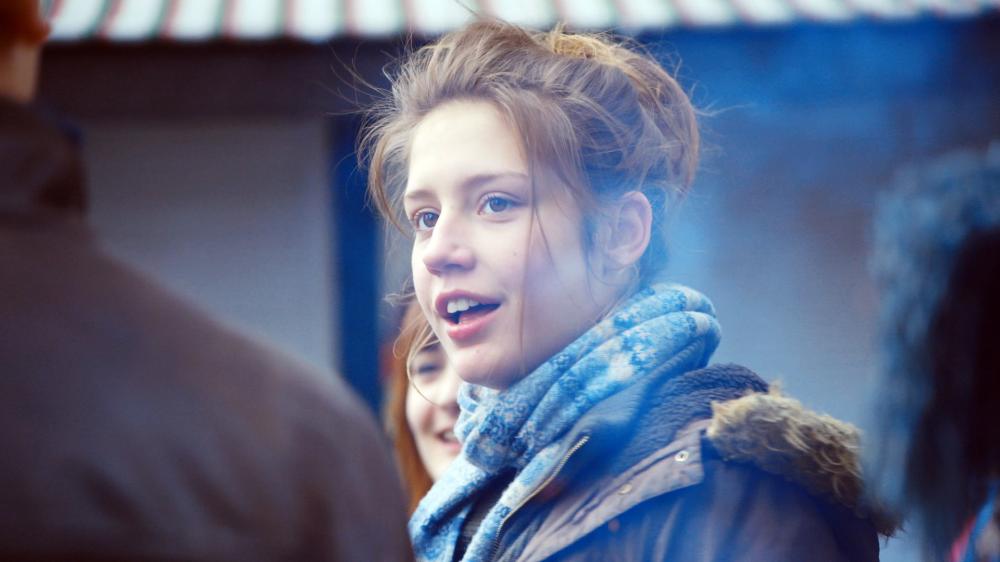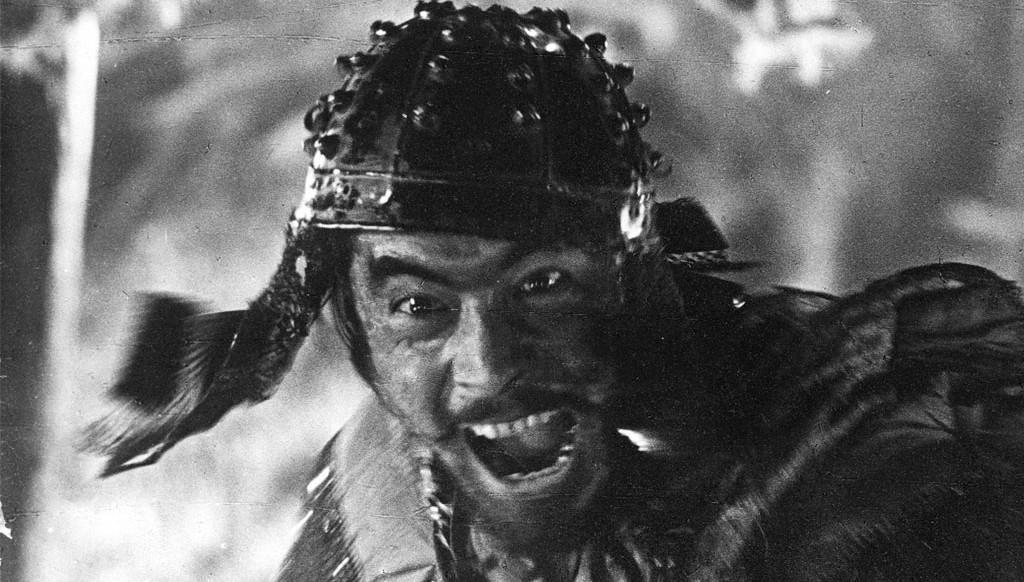6. Fanny and Alexander (188 minutes)

For a filmmaker like Ingmar Bergman, blessed with a filmic history filled with masterworks, Fanny and Alexander (1982) is a wonderful final masterpiece and perhaps his best in scope and result.
Looking at the lives of two siblings in Sweden during the first decade of the twentieth century, the narrative is semi-autobiographical and its chronicling of this interesting, wealthy family, whether real or imagined, feels like a truly great work of fiction in its almost Dickensian depth.
For a film with a necessarily large cast, the performers are all excellent, including Bertil Guve as young Alexander and Pernilla Allwin as his sister Fanny. Already a long film at just over three hours, it was an originally conceived as a miniseries for television, lasting for over five hours; both the original and the cinematic release cut are mighty and impressive and there’s the sense that Bergman could have included much more material surrounding the Ekhdal family.
7. The Lord of the Rings: The Return of the King (200 minutes)

The first two parts of the legendary The Lord of the Rings trilogy ran for a lengthy 179 minutes each, which clearly still wasn’t enough for the always unconcise Peter Jackson, and for the conclusion, The Return of the King (2003), he added on another 21 minutes (an extended cut went even further, stretching to 263 minutes).
The reason he could do this was because audiences just couldn’t get enough of Middle-Earth: this rich imagined land of heroic tales and dark deeds had catapulted the fantasy genre into the Academy Awards reckoning, and indeed The Return of the King scored big in 2004, winning 11 awards, the joint-record for highest totals with Ben-Hur (1959) and Titanic (1997).
After the greatness of the first two, it would have been all too easy for Jackson to be overly cautious with his final entry (recall the Wachowski Sisters’ failure after the initial Matrix film in 1999) but he avoided this, and The Return of the King can stand alone as a masterful work.
It’s complex yet emotionally-satisfying, it’s exciting yet meditative. There are mighty battle scenes, including the final fight at the Mordor gates, but the awe-inspiring special effects never dominate and are always put at the service of story.
After all the fire and fury that has unfolded, Jackson allows for a melancholic and quiet epilogue, with our heroes saying heartfelt goodbyes; this can be read as the characters departing each other’s company, some for the final time, the actor’s embracing after the bonding of filming such an epic, but it’s also symbolic of the audience saying goodbye to this world (for now), its three hours and much more not nearly enough.
8. Magnolia (188 minutes)

A director known for the length of his films, Magnolia (1999) is the longest, a result of its ambitious breadth and audacity. It’s an ensemble piece by Paul Thomas Anderson, very similar to Altman’s Short Cuts, and follows the broken lives of interlocking characters in California’s San Fernando Valley.
The film announced Anderson, after his equally fantastic Boogie Nights (1997), as one of the foremost American filmmakers of his generation, and while it ultimately doesn’t reach the heights of There Will Be Blood (2007) or The Master (2012), his ideas and execution are to be admired. His curiosity about humanity and our search for meaning in a complex world fascinate him and end up fascinating us too, because Anderson so clearly cares about his created characters.
Actors take their small parts and magnify them, especially a never-better Tom Cruise as a motivational pick-up artist and the always-magnificent Philip Seymour Hoffman as a caring and earnest nurse to a dying TV producer. It’s an anthology of people looking for happiness amidst a sea of regret and when Anderson unleashes his ambitious finale in a biblical plague, this strange and sprawling film will have struck most viewers with its universal themes.
9. Blue Is the Warmest Colour (179 minutes)

The reason Blue is the Warmest Colour stands out isn’t because of its depiction of passionate same-sex love but in the incredible detail that it relays this story in. It’s a three-hour exploration of deep first love, meaning the tale of Emma and Adele is more immersive than similar stories have been on screen. The former is a blue-haired artist who enters the teenaged Adele’s life as they soon enter into a relationship.
Based on a graphic novel by Julie Maroh, the director Abdellatif Kechiche, controversially, includes raw and explicit love scenes. They never feel empty, however, because of the talent of Lea Seydoux and Adele Exarchopoulos as the two lovers. Their commitment to their performances is transformative and makes the love feel real.
It’s a stimulating film, arousing feelings of nostalgia or understanding, given we have all experienced the relentless ride of first love, be it with the same or opposite sex, and the running time means their story isn’t diminished in any way and is completely lived-in.
10. Seven Samurai (207 minutes)

Iconic, highly-influential and highly-referenced, Seven Samurai (1954) is perhaps the greatest Japanese film of all time, by one of its masters, Akira Kurosawa.
The precursor to Western Classic The Magnificent Seven (1960), this samurai epic follows a small village who seek the services of seven Ronin to fight off bandits who want to steal their crops.
The lengthy running time allows for Kurosawa to effectively characterise his samurai heroes, and none are left as mere templates. The action scenes are singularly spectacular and staggeringly involving but never feel laboured.
Seven Samurai never drags either, for Kurosawa’s storytelling is so finely-tuned and precise. It’s a work that demands multiple viewings, so rich that little details will reveal themselves after the first time. Kurosawa took his knowledge of the American Western and turned it to his own gain, ultimately creating something richer, historic, and more moving.
Author Bio: Conor Lochrie is a Glaswegian currently travelling and working in New Zealand after 4 long and arduous years at university which he survived with a degree in Central and Eastern European Studies. Unsurprisingly, he now works in a warehouse but would much rather be watching and writing about cinema.